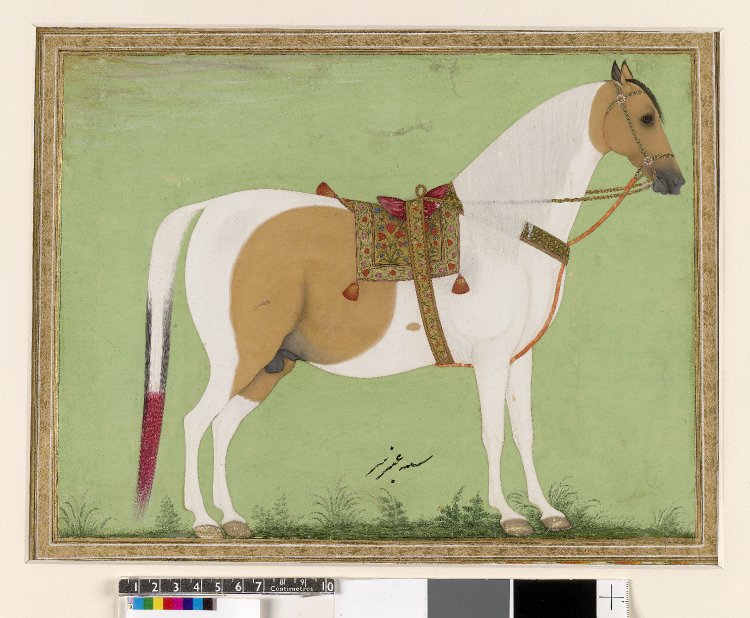
Hey, horse. Nice saddle. I used to sit up there. Oh, this n’ that. I had to go sleep in a barn for awhile. Could I get back on you? Like, in the saddle? Thanks. Yeah, this feels good.
H’yah!
* * *
What makes a piece of writing a work of literature? Have you ever thought about that? (I’m speaking to you, now, not the horse, but she’s still here.)
What makes an essay, or a novel, or a memoir — even a blog post — more than just words on a page? Even if they’re really good words on a page? I’ve been wanting a solid answer to this question for years. When trying to differentiate between a “literary” work or a non-“literary” work, folks sorta cock their heads and offer something vague and impossible to prove, like, “Um … Well, literature is just generally better than other writing? I guess? It’s got something to do with being good.”
That isn’t enough for me. But to be fair, let’s look at a situation where you’ve got writing that’s obviously “better” than other writing to see if it’s a passable definition.
Consider James Baldwin. Consider basically anything he ever wrote. Here you have a writer of staggering talent, a man who spent his entire life toiling endlessly at his desk to make good sentences, a man whose grocery list would surely make us weep for its clarity of conviction. Baldwin once said a writer should write a sentence “as clean as a bone.” James Baldwin’s writing is “better” than 95 percent of all other writing ever produced, ever, so it’s gotta be literature, right? Now, you might not dig his writing, you might be ambivalent. But regardless of whether or not you like James Baldwin, it’s clear from the first sentence of any of his essays or novels or poems that when you read the man’s work, you’re reading literature. Another way to look at it is to lay a copy of Baldwin’s The Fire Next Time between an airport crime novel and a plucky beach read. Now point to the literary work.
Exactly.
Baldwin is obviously the literary writer but why? It’s not length. The beach read could be 500 pages and the Baldwin text just an excerpt; nothing changes. Does a literary work contain fancy words? Is that what makes it literary? Ugh, let’s hope not. As complex as his ideas are, Baldwin’s language isn’t florid or showy — one of the many reasons he’s so great. Is a work literary because it contains Deep Thoughts? Profound Themes? That’s not fair. A good trade paperback by a popular author can deal with topics like death, aging, or heartbreak, too, but that doesn’t make it literature. The criteria for distinguishing between literature and not-literature has always felt as elitist as it is subjective. Other people may have a crystal clear understanding of the difference, but not this nerd.
Then, just when I was not looking for it, the answer appeared. I found it in an article in Harper’s magazine a couple issues back. The article was entitled Like This or Die: The fate of the book review in the age of the algorithm and was written by Christian Lorentzen. Check this out:
“Literary writing is any writing that rewards critical attention. It’s writing that you want to read and to read about. It’s something different from entertainment. It involves aesthetic and political judgments and it’s not easily quantifiable.”
I was sitting in my black chair and had to set down my tea to pump my arms in the air and whoop. That was it! Yes! Literary writing is writing you can go to battle with! Literature gives as good as it gets! It’s not about long words or length; it’s about substance and resilience — and craft is kind of de facto at that point. Literature is a steak. Not-literature is a smoothie and hey: Maybe it’s a very good smoothie. There’s nothing wrong with a smoothie! Smoothies are a nice break from steak. But make no mistake: You can’t make literature in a blender and add wheat germ for texture. If you want to read — or write — literature, you’re gonna have to chew.
What does all this have to do with that horse?
Oh, I don’t know. It’s got something to do with how writing is hard. It’s got something to do with expectations I place on myself, probably. The first five months of this year have forced me to form a new relationship with expectations. It’s strange and not entirely comfortable for its newness. I used to either claw my way up to meet expectations or cry over them when they were dashed. I’m not even sure what they are these days.
PaperGirl is not literature. Never has been, never will be. Believe me, it’s a relief. If I had to figure out how cook and eat a steak sitting atop a horse, I’d fall off and never get back on. I’m good with my smoothie. I’ve even got a cup-holder.
